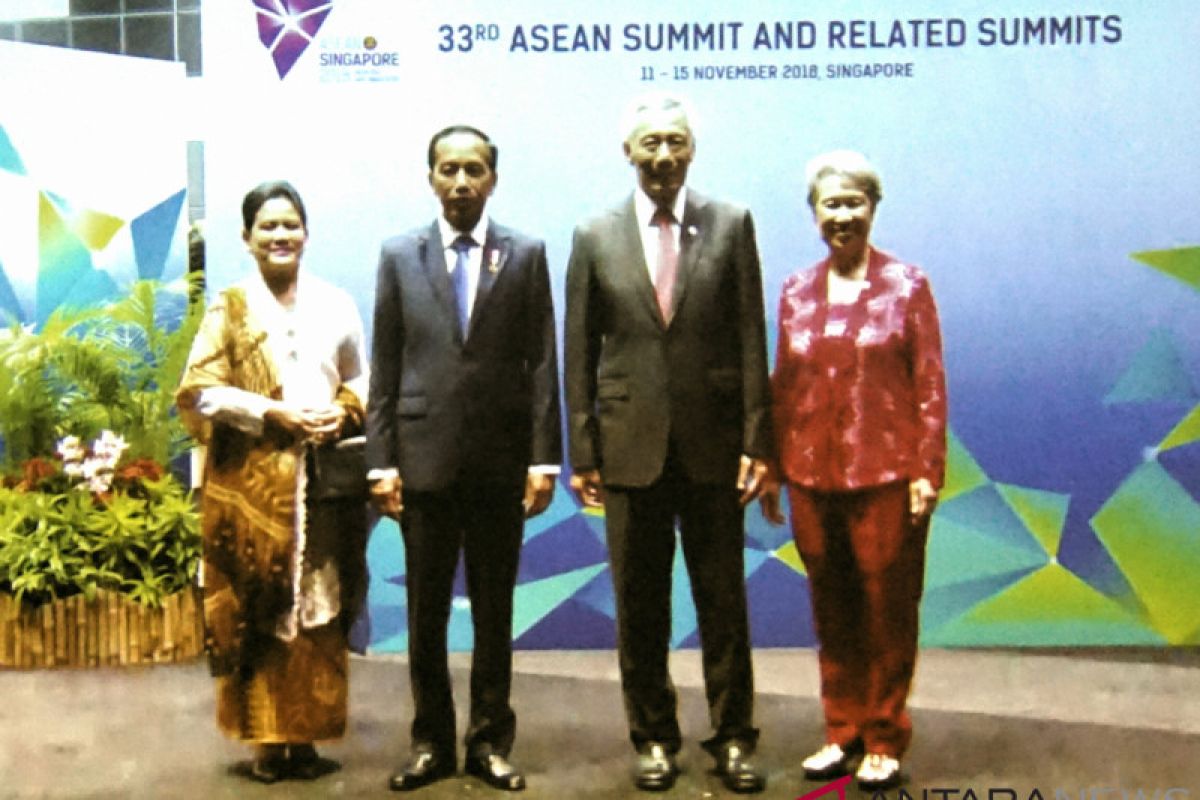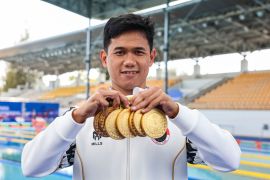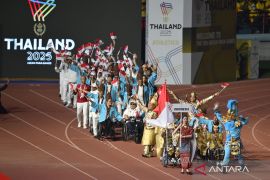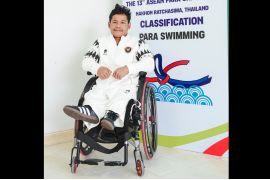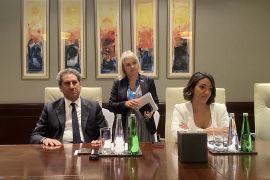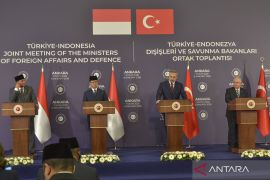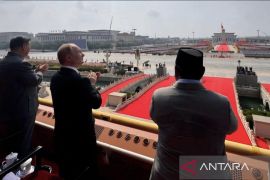"We have targeted to complete the eight chapters within the RCEP framework during the 33th ASEAN Summit, as once these eight chapters are done, then the others will be easier to negotiate," he noted here on Tuesday.
Lukita remarked that the ASEAN members had not agreed on three out of the eight key chapters, as some of them had changed their policy to protect their domestic interests.
"Three things that we have not agreed upon yet are competition, the dispute settlement mechanism, and the quality and standard of goods. Hence, we push them to be finalized during the 33rd ASEAN Summit," he noted.
Indonesia`s trade minister and his nine ASEAN counterparts had gathered at the Suntec Convention Center, Singapore, to negotiate the RCEP framework, as a part of the 33th ASEAN Summit agenda on Nov 11-15.
They have been negotiating eight out of the 21 chapters of the RCEP agreement involving economic cooperation, small-medium enterprises, customs, public bidding, government policy, competition, dispute settlement mechanism, and goods` quality and standard.
"The economic ministers of ASEAN have been negotiating eight chapters within the framework, five of which had been agreed upon, and now, we are working on the three left ones," Lukita stated.
After the conclusion of negotiation among ASEAN members, the framework will be discussed in Cambodia in March 2019, with RCEP`s six Asia-Pacific state participants: Australia, China, India, Japan, New Zealand, and South Korea.
The RCEP initiative was launched in 2012 during the ASEAN Summit in Cambodia and negotiated since 2013. The ASEAN Plus Six countries had missed the earlier target to ink the agreement last year.
Reporting by Azis Kurmala, Azizah Fitriyanti
Reporter: Azizah Fitriyanti
Editor: Yosep Hariyadi
Copyright © ANTARA 2018
